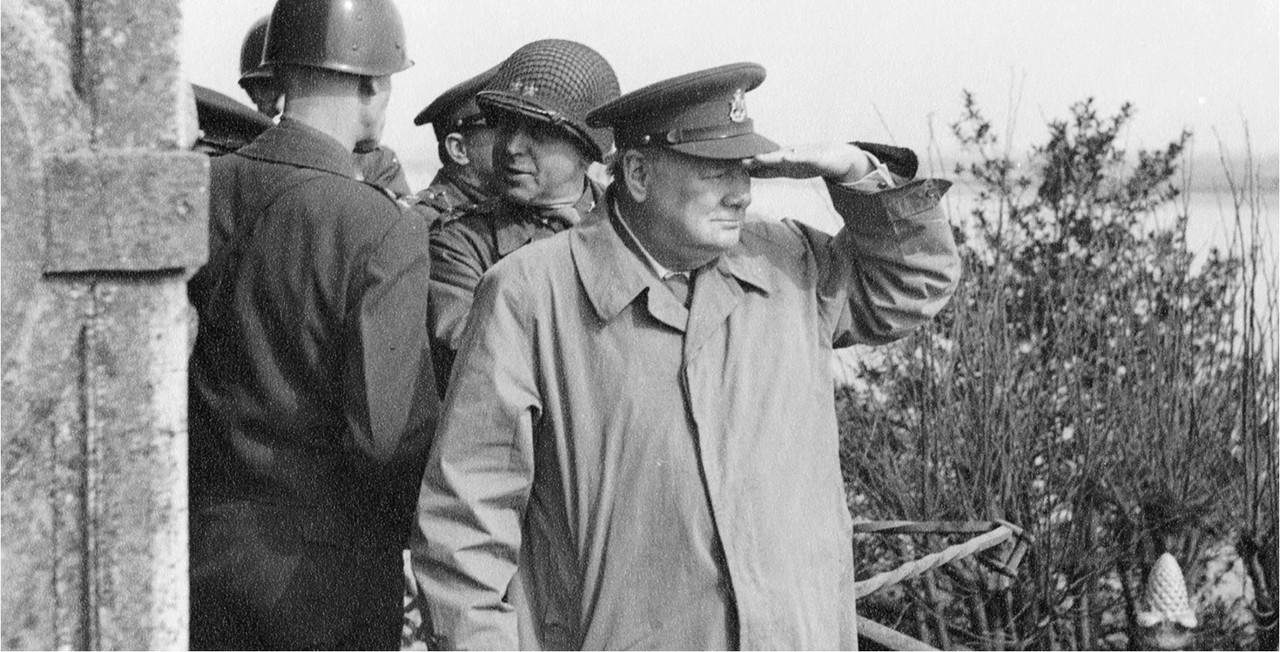During a bike ride, the protagonist meets the former director of the Freedom Museum in Groesbeek. He explains that the museum's motto is “War and Freedom Without Borders”. The history of liberation is a shared history. In the past, the term ‘liberation’ referred more to military action, but later it came to mean the processes of democratisation.
Today, the term has come to mean shared remembrance in Europe. It is the task of all generations to work together to preserve this freedom. The Freedom Museum in Groesbeek serves as a daily reminder of the price of freedom, namely that millions of people lost their lives during the Second World War for various reasons.
In the region around Groesbeek, Operation Market Garden (17 to 26 September 1944) and the Rhineland Offensive took place in the final phase of the war. Both Allied operations aimed to cross the Rhine and advance into German territory. Operation Market Garden consisted of two parts: ‘Market’ brought together US and British airborne troops to secure a bridgehead across the Rhine between Nijmegen and Arnhem, which is called the Waal here. British ground troops were then to follow across the Rhine bridges and secure the conquered territory: ‘Garden’.
The operation ended with the Battle of Arnhem in disaster for the Allies, who then set up camp near Nijmegen and launched the successful Rhineland Offensive five months later (8 February 1945 to 25 March 1945).
The liberation of Europe from National Socialism came at a great cost, both to the civilian population and to the soldiers. People on both sides of the border shared the experience of having to leave their communities and the destruction of their homeland during this period.
